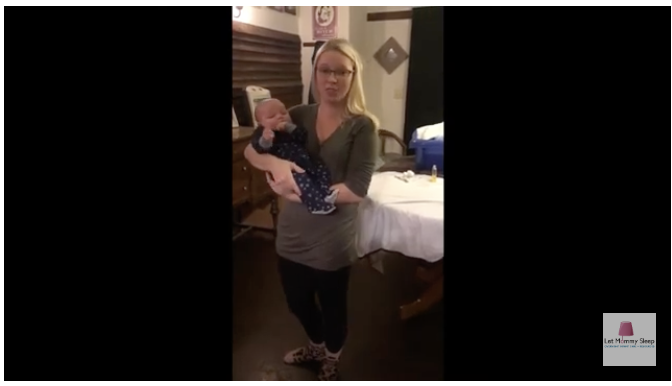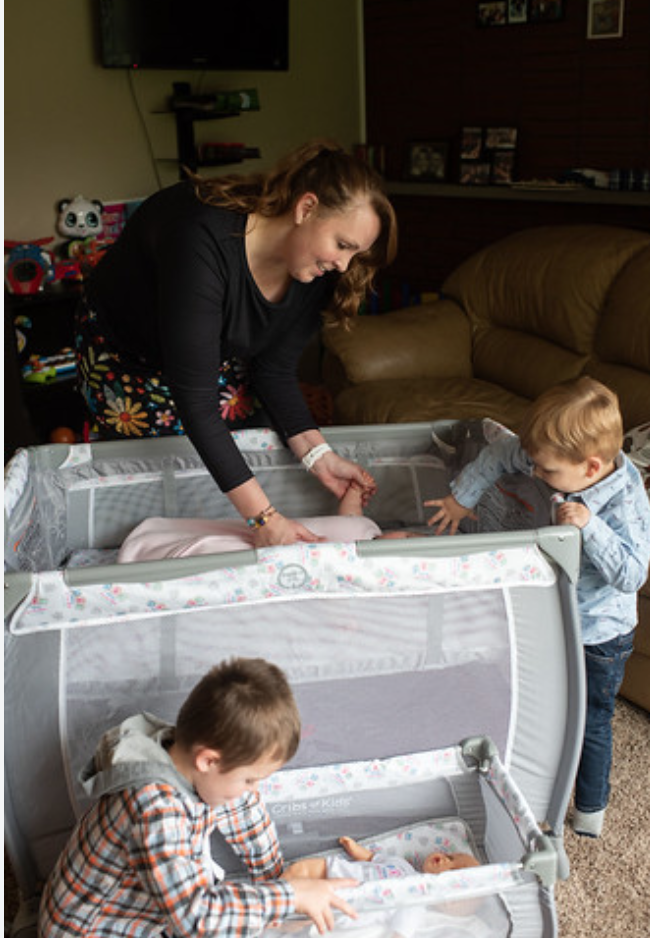Updated November 19, 2023 – If you’re expecting your second, it’s normal to worry about how you’ll manage your time with a newborn and older child. How will you keep everyone happy and occupied? And what about twins…how will you handle 2 babies and then 2 toddlers? Our night nanny and postpartum doula team have a few suggestion to help your days go smoothly in this blog, Toys Siblings Can Play with Together!

Toys Siblings Can Play with Together – Our Faves
We’ve got a full list of toys siblings can play with together on Amazon. Here are a few of our favorites:
- The Aqua Magic Mat is a 40″ x 60″ is colorful and meant to be drawn on, so the baby can have tummy time alongside older kids. There are pens and small parts that come with this toy so supervision is of course a must. You can always add a separate playmat for baby on the side too.
- Step 2’s Walk-In Play Kitchen is big enough for 2 or 3 kids to cook and create together and looks like a modern kitchen! It’s all wood, includes 15 play pieces and has moveable parts at all levels so even babies who aren’t standing yet can parallel play and watch.
- Jumbo Foam Blocks are basically giant soft Legos! They’re sturdy and have endless possibilities for safe play.
- For toddlers, the 40 piece cardboard block set with 3 different sized blocks means even more building! While you’ll probably have these for many years, parents should know that each of the 40 pieces must be put together individually.
- The full set of Elephant & Piggie books. Go ahead and do yourself a favor and just buy all 25 books. We PROMISE your reading age child will adore reading these aloud to their baby brother or sister. And if you want to read aloud to the kids, Elephant & Piggie stories are warm, hilarious and often have a funny twist at the end.
- 4-in-1 Activity Center – This toy is not to be used without adult supervision but we love it because for less than $150 you’ll have a toy that occupies several kids at a time for years! Your baby will learn so much just from being held while watching the older kids slide, climb and shoot hoops! see the next section for more on this!
What the Experts Say About The Power of Play
Sibling Bonding and Play
While fostering good sibling relationships is ultimately up to the kids themselves, we parents can help the process along! A Georgetown study notes that “Infants with siblings imitated more behaviour without explicit instruction than did infants without siblings.” That means your little ones do learn from their older brothers and sisters. In addition to nurturing your infant with baby-age activities yourself, it’s great to encourage cooperation, bonding and good old laughter with toys kids can explore together.
If you’re expecting twins, toys such as an extra large playmat or other toys might be helpful. This blog So You’re Having Twins! Proven Support and Fun Facts has more helpful info for parents of twins and higher order multiples.
You Are Your Child’s Favorite Toy
As the Zero to Three foundation says, whether you have 2 or more children or are a one and done family, you are your child’s favorite toy. You don’t need fancy or expensive items to nurture your newborn, infant or toddler. Understanding what your baby will respond to at each age makes development fun and educational for the whole family.
We’re Amazon Associates. That means we receive a small fee from purchases made from this site. This helps finance our non-profit, Mission Sleep which gives free overnight care to families whose newborns arrive when a parent is deployed, wounded or deceased.









